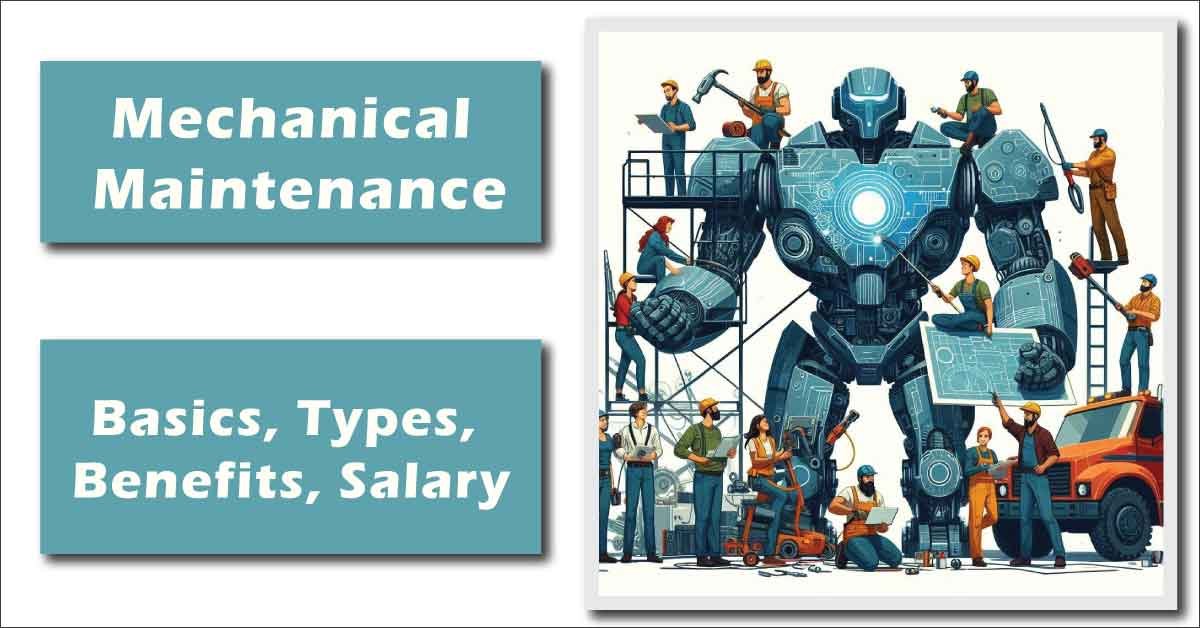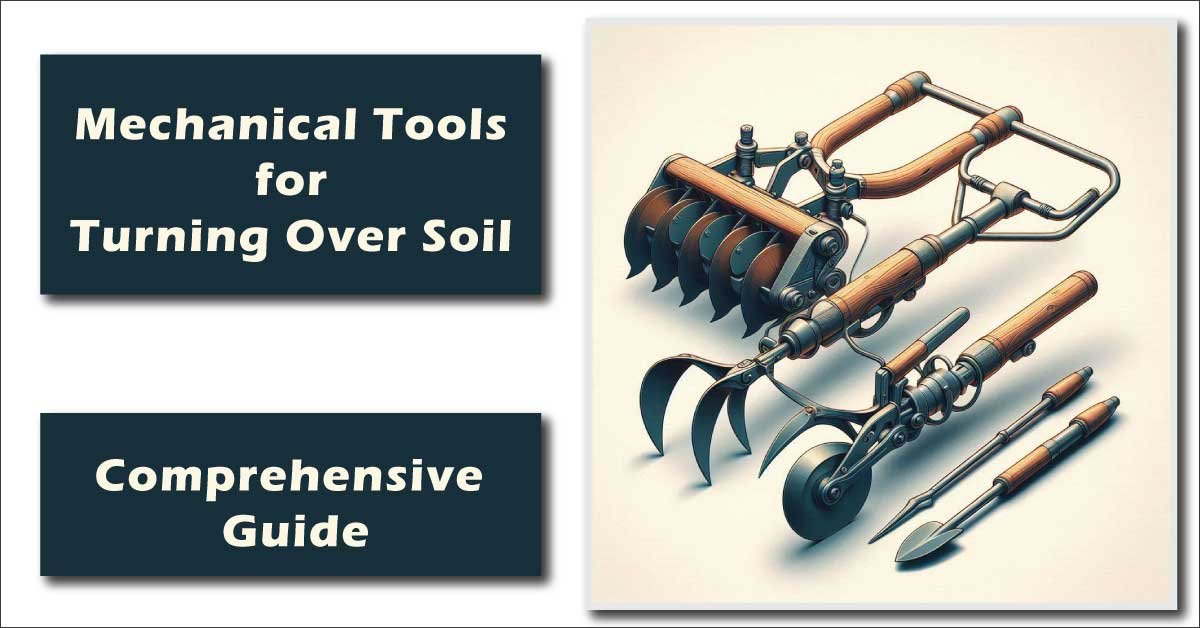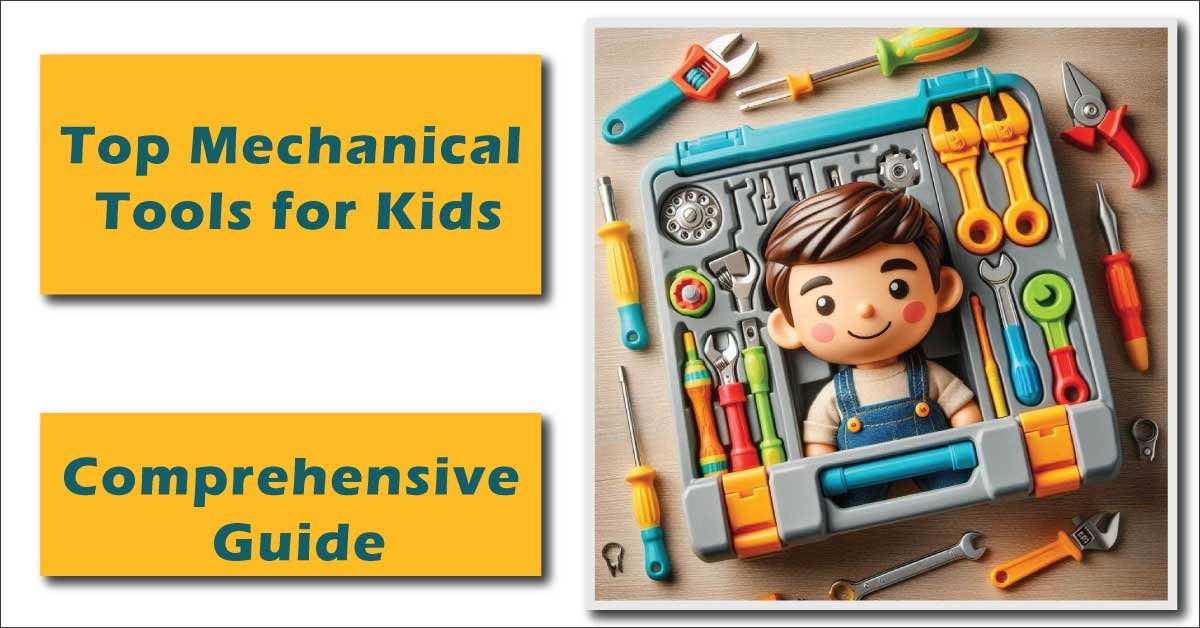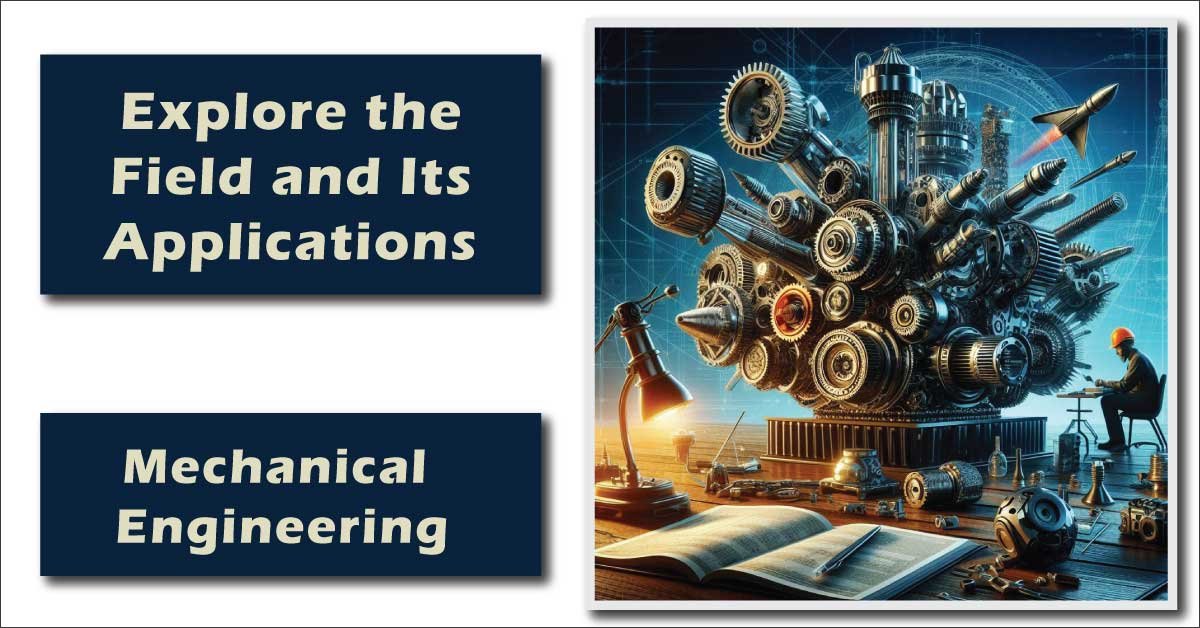Mechanical Maintenance Explained: Basics, Types, Benefits
Mechanical maintenance is a critical aspect of ensuring the optimal performance and longevity of mechanical systems and equipment. Whether it’s an industrial machine, a vehicle, or even a household appliance, regular mechanical maintenance helps avoid costly breakdowns, improves safety, and enhances efficiency. In this guide, we’ll explore the various facets of mechanical maintenance, including its … Read more










